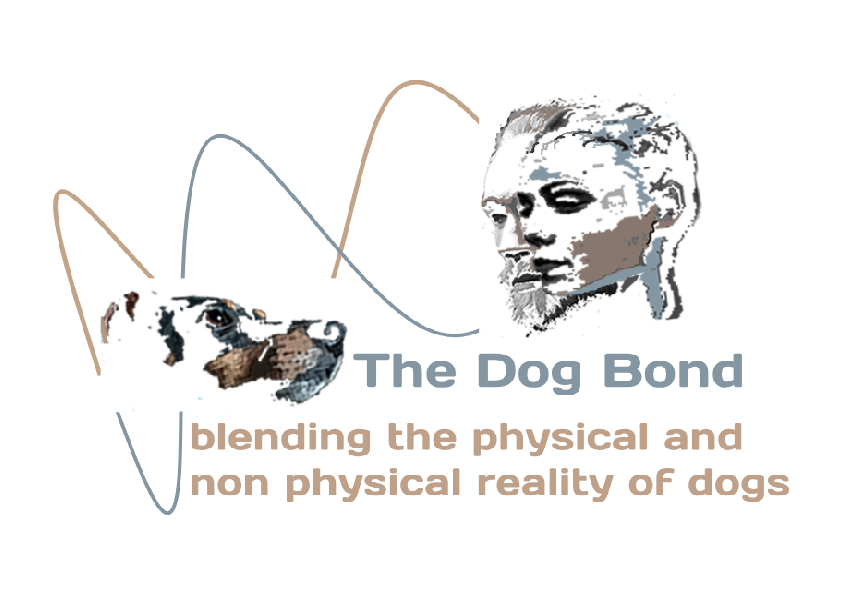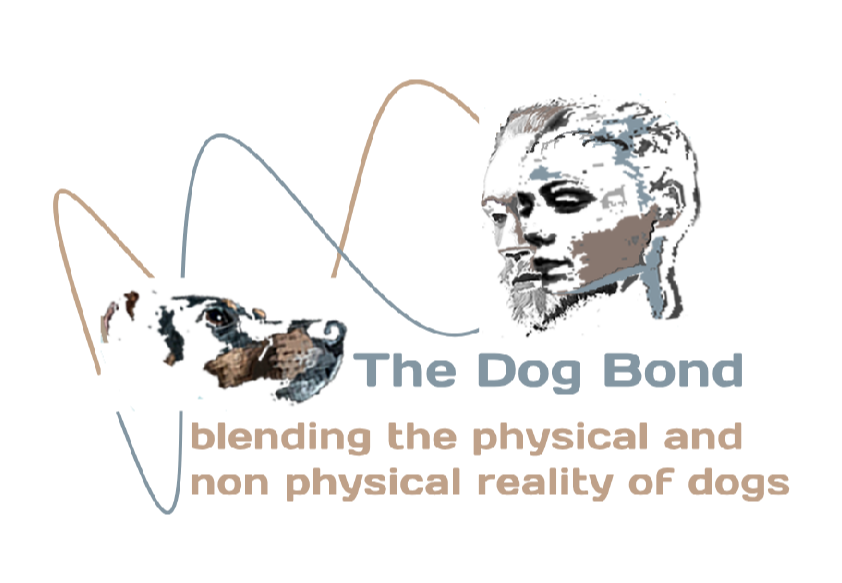The 'context specific' element missing from your dog training.
Mar 25
/
Pat
I’m rarely surprised by peoples’ lack of awareness about their dogs however I do often feel disappointed. Almost more so when I point out things to which the person then responds as if they recognise that they ‘should’ have known this without my prompting.
To consider what a dog needs from their human in order to participate in mutually positive communications means thinking with a dog centric perspective. It doesn’t take much for that to happen. I’m not saying it doesn't take much to make all the work happen…I’m only talking about the consideration phase. The implementation part does require focused application.
I drew attention to the fact that this same client walks the same walks 99% of the time. This is the case with most people walking their dogs and, from a pattern/habit creation perspective, that’s all well and good.
I drew attention to the fact that this same client walks the same walks 99% of the time. This is the case with most people walking their dogs and, from a pattern/habit creation perspective, that’s all well and good.
However, dogs, being context specific, aren’t going to take what they do perfectly well in one situation and automatically ‘translate’ that across to a completely different situation, a different context, particularly when the situation arises as a surprise and the stimulation of the ‘surprise circumstances’ produces a chemical (adrenaline) response. We are all chemically driven!
One world famous dog sport trainer trains his competition dogs to context only because that's where he wants them to perform at 100% every single time, with singular focus.
However that's not going to work for the 'pet' dog and guardian.
One world famous dog sport trainer trains his competition dogs to context only because that's where he wants them to perform at 100% every single time, with singular focus.
However that's not going to work for the 'pet' dog and guardian.
I arrived to collect a 13 month old pup and found out that the day before, the pup had run out of the front door and down the street; her recall had amounted to zero.
'Her recall is perfect in the park so how come the street is different?’ her guardian remarked. It was more of an exclamation of frustration than a question and I’m not sure she was really expecting an answer.
‘It’s because dogs are context specific and you’ve only worked this with her in the park.’ I replied. The client paused whilst this information ‘landed’.
I went on to tell her that, in my view, most people become frustrated whilst ‘training’ because they teach a singular instance of a response which they believe/assume will then ‘go viral’ and become the ‘norm’; however, the reality isn’t quite like that. Of course, people don’t realise that they’re teaching a singular instance. They see something that is working within the context of that use and that seems fine until……it’s not.
People don’t view the world in the way that dogs do so they haven’t ‘seen’ that the context is limited and so they are ‘unknowing’ because their perspective is limited to that of a person.
'Her recall is perfect in the park so how come the street is different?’ her guardian remarked. It was more of an exclamation of frustration than a question and I’m not sure she was really expecting an answer.
‘It’s because dogs are context specific and you’ve only worked this with her in the park.’ I replied. The client paused whilst this information ‘landed’.
I went on to tell her that, in my view, most people become frustrated whilst ‘training’ because they teach a singular instance of a response which they believe/assume will then ‘go viral’ and become the ‘norm’; however, the reality isn’t quite like that. Of course, people don’t realise that they’re teaching a singular instance. They see something that is working within the context of that use and that seems fine until……it’s not.
People don’t view the world in the way that dogs do so they haven’t ‘seen’ that the context is limited and so they are ‘unknowing’ because their perspective is limited to that of a person.
I told her that she’d need to teach recall in all sorts of places and have it take a variety of forms along the way.
In order to create patterns which have solid foundations, responses must be trained across a variety of situations. Human responses are included in this as our reactions have an impact on those of our dogs.
People and dogs need to practise together ‘everywhere’ and ‘constantly’. It’s only by doing this that patterns/habits establish themselves.
You and your dog are a team. However you are responsible for the well being of that team and so you need to take the lead (no pun intended). You need to lead by example. You need to be aware of the responses you want and how you’re going to bring that into being in a way that works positively for both of you. If it’s not positive and satisfying for both of you, it won’t sustain positively.
Our 'training aim' is to create stepping stones from stumbling blocks. We're here to help.

Contact Us
dogs@thedogbondmetaphysical.com
Tel: +44 777 006 0300
Tel: +44 777 006 0300
Copyright © Dog Zen LLP 2024

